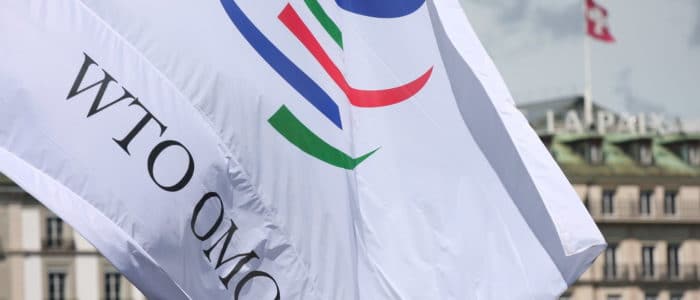Published
Unwelcome Benefits of the WTO Bali Deal?
Subjects: Africa Agriculture Regions South Asia & Oceania WTO and Globalisation

After twelve years of tedious negotiations, only a fraction of the original Doha mandate remains. One is filled with certain surprise and relief, as the news of the Bali agreement reach us on last Friday. But the claim that the Bali package (consisting of an LDC enabling clause and trade facilitation) would generate a trillion dollars in new trade is an embellishment. There are many reasons to be skeptic of such estimates, but most of all, the agreement does not generate any new market reforms, but merely speeds up “at the border” processing by transparency, rule of law and non-discrimination. In a good WTO tradition, the texts are filled with endeavour language with plenty of room for diverging interpretations and means to stall implementation.
The actual impact of the trade facilitation agreement will be determined by the real intent of the WTO members – whereas effort going into the deal reveal their ambivalence to … actually facilitating trade. Given the south-south trade have surpassed north-south trade, developing countries stand to gain most of trade facilitation. Much of their exports are also in agricultural products subject to decay when consignments are inexplicably held up at the border, while developing countries also have fewer resources available for administration. Yet, some developing countries opposed the trade facilitation deal until the very end.
India mounted the longest opposition to the deal. The country is entering into an election cycle and conditioned it to a peace clause for a popular price support regime in the name of food security and winning votes. However, it is inconceivable to guarantee stable food prices without imports, or increasing FDIs in more efficient distribution systems. In short, there is no alternative to feeding a billion people without building supermarkets. Globalisation calls for new ways to secure growth and welfare, but these opportunities do not win elections – in India or anywhere else. Instead, political campaigns promise to turn back the clock to a time before global competition, internet and imports.
Roberto Azeveido, the new director-general at the helms, proudly proclaimed that Bali put the W back into the name of the WTO. Indeed, a multilateral trading order – which is governed by rule of law rather than geopolitics – is more needed than ever. This is particularly true for Europe, whose economic influence (and its political leverage with it) is rapidly declining. However, it took 12 years of blame games, modalities and parroting ministers vowing to fight protectionism to arrive to this point. Somewhere along that road, we also lost the O – as in organisation.
If this is organ harvesting – well, is there any more appetite for kidney pie?